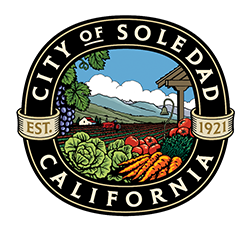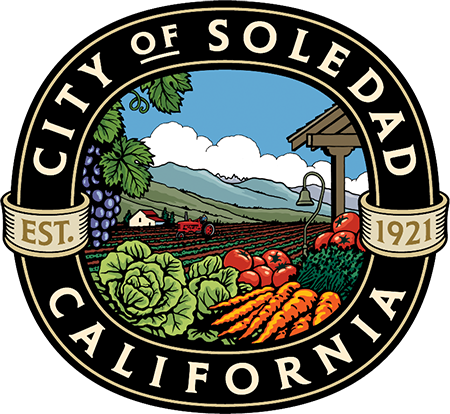
City Policies

The City of Soledad like all local government entities pass Ordinances, Resolutions, Motions and Proclamations help administer laws, rules of conduct, or acknowledge certain groups or organizations.
The master list for our Municipal Code will always be found here:
https://library.municode.com/ca/soledad/codes/municipal_code
We may use this section to highlight certain items of interest but its not meant to be a complete list of all the items the city has passed. If you need a specific item that cannot be found here or in the Municipal Code, please reach out to our City Clerk for assistance.
Ordinances
An ordinance is local law — enacted by the proper authorities, such as a city council or county commission — authorizing general, uniform, and permanent rules of conduct relating to the corporate affairs of the local government.
Ordinances are similar in nature to statutes enacted by the legislature and passed according to procedures required by state law or charter. Such procedures include:
- providing advanced public notice about the ordinance,
- holding a public hearing,
- requiring a certain number of votes for the ordinance to pass, and
- publishing the final ordinance (or detailed summary) in a newspaper.
Ordinances are generally considered permanent and can only be amended by enacting a new ordinance. Typically, ordinances cannot go into effect immediately and some may be subject to referendum.
Ordinances can be used to fix legal rights and duties, to regulate activities, or to prohibit criminal acts. Changes to a jurisdiction’s criminal code, zoning code, or development regulations are common legislative acts accomplished through ordinances.
AN ORDINANCE OF THE CITY COUNCIL OF THE CITY OF SOLEDAD APPROVING SOLEDAD POLICE DEPARTMENT POLICY MANUAL,
POLICY 706- MILITARY EQUIPMENT
Resolutions
A resolution is a formal expression of opinion, will, or intent from an agency’s governing body that often addresses a matter of special or temporary nature. In most instances, resolutions go into effect immediately and generally need not be published.
Here are ways that resolutions are typically used to:
- surplus public property,
- direct the agency executive/administrator to take certain designated action,
- adopt rules of procedure for the governing body, or
- adopt personnel policies.
Similarly, an “order” is sometimes used when directing that a specific action be taken, and once complied with, an order no longer has effect.
PASSED AND ADOPTED by the City Council of the City of Soledad at a regular public meeting thereof held on the 20th day of July, 2022
Motions
Similar to an order, a motion is a proposal made by a member of a governing body during a meeting which the body then takes a particular action on. A motion provides authority to do a specific act.
The proposed action may be substantive or it may express a certain view or direct that a particular action be taken, such as an investigation. Once it has been approved and entered into the record, a motion is equivalent to a resolution.
A motion (or an order) is often used to direct an agency executive/administrator to sign a contract that has been approved by the governing body.
Proclamations
Proclamations are generally broad statements expressing local government support for a particular issue. Examples are diverse and can range from local events (e.g., “acknowledging achievements of local teachers”) to national (e.g., “support for military veterans”) to international matters (e.g., “climate change”). Some local governments have adopted policies regarding the issuance of proclamations.
The terms “proclamation” and “declaration” have also both been used in reference to emergencies. Such designations by the governor or the executive/administrative head of a local government initiate the process for taking necessary actions to deal with a disaster.
There are no statutes that refer to local government proclamations.
Soledad City Hall
248 Main Street • Soledad, CA 93960
Phone: 831-223-5000 • Monday – Friday, 8:00 am – 5:00 pm


